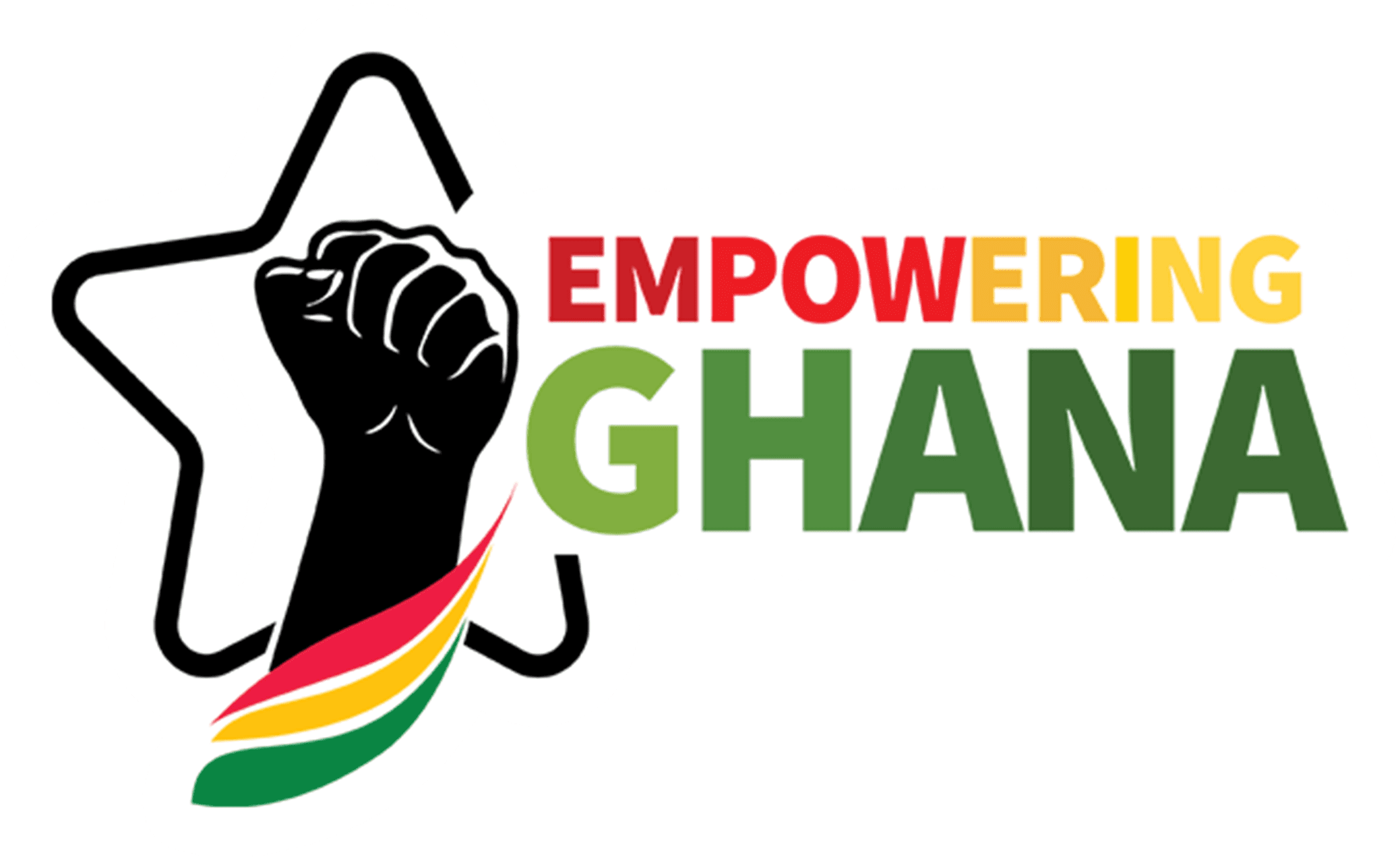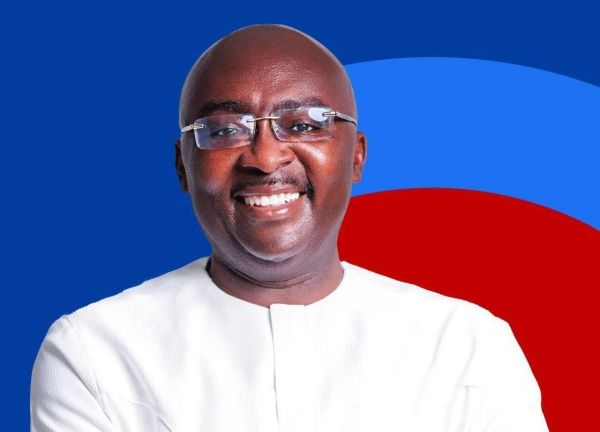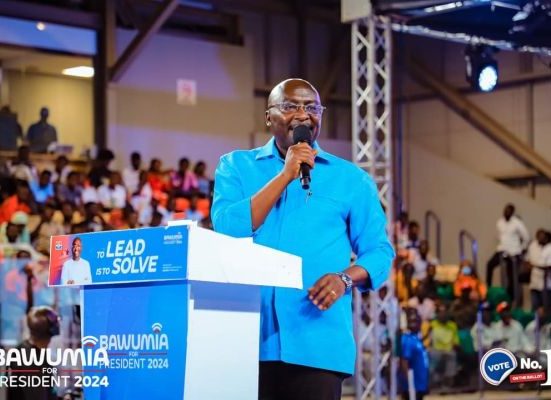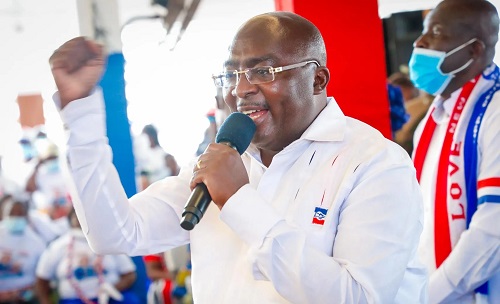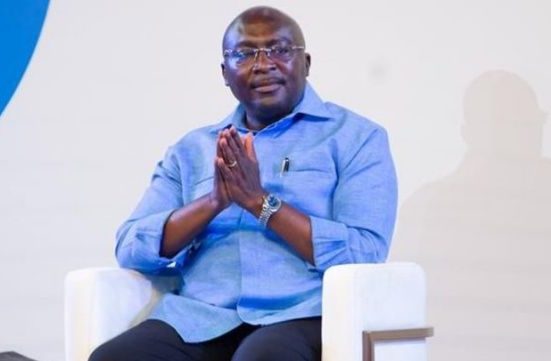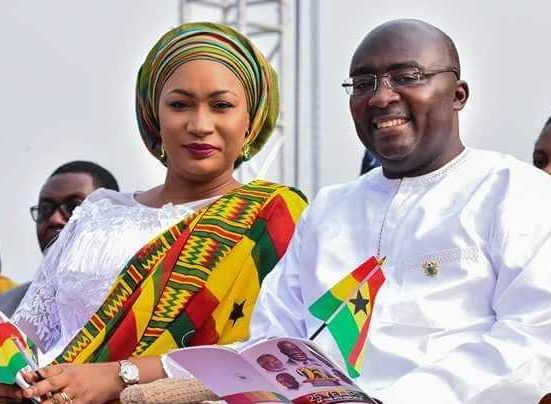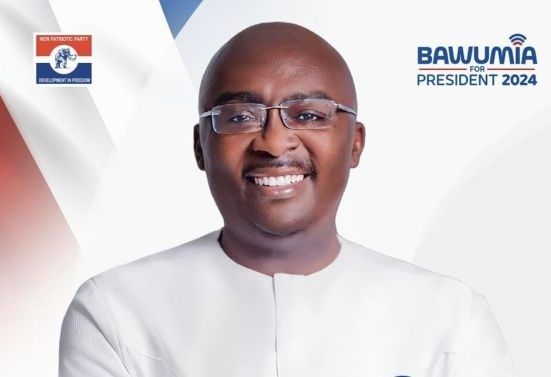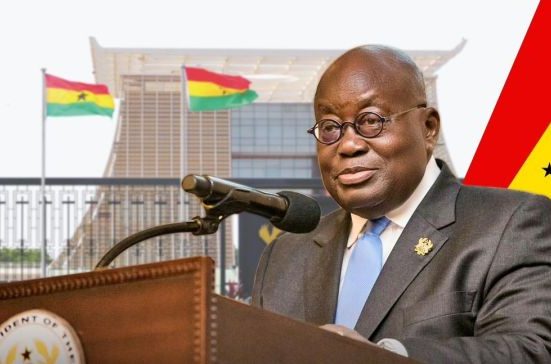Mahamudu Bawumia has transitioned from a political outsider to the position of Ghana’s vice-president, and he stands on the brink of potentially becoming the nation’s first Muslim president in December.
Currently serving as vice-president, Bawumia has been selected by the ruling New Patriotic Party (NPP) as their candidate for the upcoming general election. At 61 years of age, he is a well-known supporter of Tottenham Hotspur and has established a notable reputation.
An Oxford University alumnus, he is rarely seen without his distinctive slim, rectangular glasses and has earned the moniker “Mr. Digital” due to his commitment to transforming Ghana into a technological powerhouse.
However, as the head of the government’s economic management team, many Ghanaians link Bawumia to the severe cost of living crisis currently affecting the country. If he can navigate the criticism and secure victory in the election, he will succeed President Nana Akufo-Addo, who is nearing the end of his two-term tenure.
Bawumia made his political debut in 2008, a move that was met with both surprise and skepticism. At the age of 44 and without prior public office experience, he was selected by Akufo-Addo—then a presidential candidate—as his running mate.
Bawumia’s father, Alhaji, had been involved in Ghana’s early post-independence governments, collaborating closely with the esteemed Prime Minister Kwame Nkrumah. In contrast, the younger Bawumia built his career in economics and banking, notably serving as the deputy governor of Ghana’s central bank.
To many analysts and NPP members, it seemed illogical for Akufo-Addo to choose Bawumia over more experienced party figures. Ultimately, Akufo-Addo lost that election to John Atta Mills of the National Democratic Congress (NDC) by a narrow margin.
Bawumia may not have secured the vice-presidential position, yet his dynamic campaign effectively quelled the critics.
He invigorated the NPP campaign. Frankly, I believe no one else could have performed better in terms of the support he provided to the NPP.
stated Dr. Clement Sefa-Nyarko, a Ghanaian political scientist, in an interview with the BBC. In 2012, Akufo-Addo and Bawumia made another attempt in the elections, but once again, they faced defeat. The NPP contested the election results in the Supreme Court, selecting Bawumia as their principal witness.
Throughout the televised proceedings, Bawumia exhibited both wit and composure, remaining unfazed by the extensive cross-examination that lasted for days.
People were wondering, who is this individual? He is the one to support.
Remarked Dr. Sefa-Nyarko, who teaches African leadership at King’s College London. Akufo-Addo opted to retain Bawumia on his ticket, and in 2016, during their third attempt for power, the NPP triumphed with 51.3% of the votes, leading to Bawumia’s eventual ascension to the vice presidency.
Bawumia’s ascent began in 1963 when he was born into a large family in Tamale, a city in the north. He was the twelfth of his father’s eighteen children. After completing his primary and secondary education in Ghana, Bawumia relocated to the UK for his undergraduate studies and subsequently earned a master’s degree in economics from the esteemed Oxford University.
To finance his education, he worked as a taxi driver and cleaner. In 2000, he returned to Ghana to join the central bank, where he advanced to the position of deputy governor. During his campaign for the vice presidency, Bawumia leveraged his economic expertise. However, he faced significant backlash when Ghana experienced its most severe economic crisis in years while he was in office.
Inflation soared to an unprecedented 54% in December 2022, prompting the country to seek a $3 billion (£2.3 billion) loan from the International Monetary Fund due to escalating government debt.
In light of the criticism, Bawumia asserted that the economic management team he led lacked “decision-making powers” and merely offered advice to the government.
However, for many individuals, this was insufficient.
In terms of character and integrity, people began to question their own beliefs: ‘What is happening? How did we arrive at this point? We believed you were the best candidate, and look at our current situation.
Stated Franklin Cudjoe, a Ghanaian political analyst and head of the Imani Centre for Policy and Education, in an interview with the BBC. In addition to his role as an economist, Bawumia has cultivated a reputation as a digital innovator. Ghana’s digital landscape has experienced “substantial growth,” particularly in mobile phone connectivity, as noted by Charles Abani, the head of the United Nations team in Ghana, last month.
This “extraordinary digital transformation” was “led” by Bawumia, according to the news outlet African Business, while the Ghanaian newspaper The Chronicle praised Bawumia’s “expertise in global digital transformation.” Bawumia mentioned that he facilitated a partnership between the Ghanaian government and the US-based company Zipline, resulting in the establishment of the world’s largest vaccine delivery network.
He explained that he reached out to Zipline, which employs drones to transport health products to remote clinics, following the death of his father due to blood loss. While some celebrate his enthusiasm for technology, others express skepticism.
Mr. Cudjoe remarked that Bawumia has focused on digitalization instead of addressing discussions regarding the government’s economic management.
Regardless of Bawumia’s position, digitalization was inevitable in this country because we had already initiated it.
He has been notably successful in promoting and claiming credit for the digitalization achievements of the current administration.
Bawumia’s personal life has also bolstered his presidential campaign. His wife of two decades, Samira, a former beauty queen, is widely admired for her fashionable attire. The Second Lady is also outspoken in party politics and has actively participated in campaign tours for the NPP.
The couple shares four children and proudly identifies as followers of Islam, a faith embraced by approximately one-fifth of the Ghanaian population.
While Christianity is the predominant religion in Ghana, Dr. Sefa-Nyarko noted that there is little indication that belonging to a religious minority would negatively impact Bawumia’s prospects in the election.
Dr. Sefa-Nyarko further stated that the NPP has extended its
full support to Bawumia’s candidacy, regardless of his Muslim faith. This could lead to significant backing throughout the nation as well.
Bawumia’s regional identity may hold more significance than his religious affiliation. The vice president originates from northern Ghana, an area that represents one of the NDC’s strongest political strongholds.
By selecting Bawumia as its presidential candidate, the NPP aims to penetrate the northern region while maintaining its support in the southern heartland.
Bawumia has been actively campaigning across the country in what he refers to as the “possibilities bus,” a blue and red vehicle adorned with the slogan “it is possible.” To some observers, he symbolizes economic mismanagement; however, the vice president continues to embody the optimism he possessed at the age of 44 when he began his eight-year quest for power.
I possess the courage to acknowledge when circumstances do not unfold as anticipated.
he expressed to voters in his manifesto.
Yet, I also maintain a mindset of possibilities and a belief in our capacity to rise and accomplish remarkable achievements in our lifetime.
